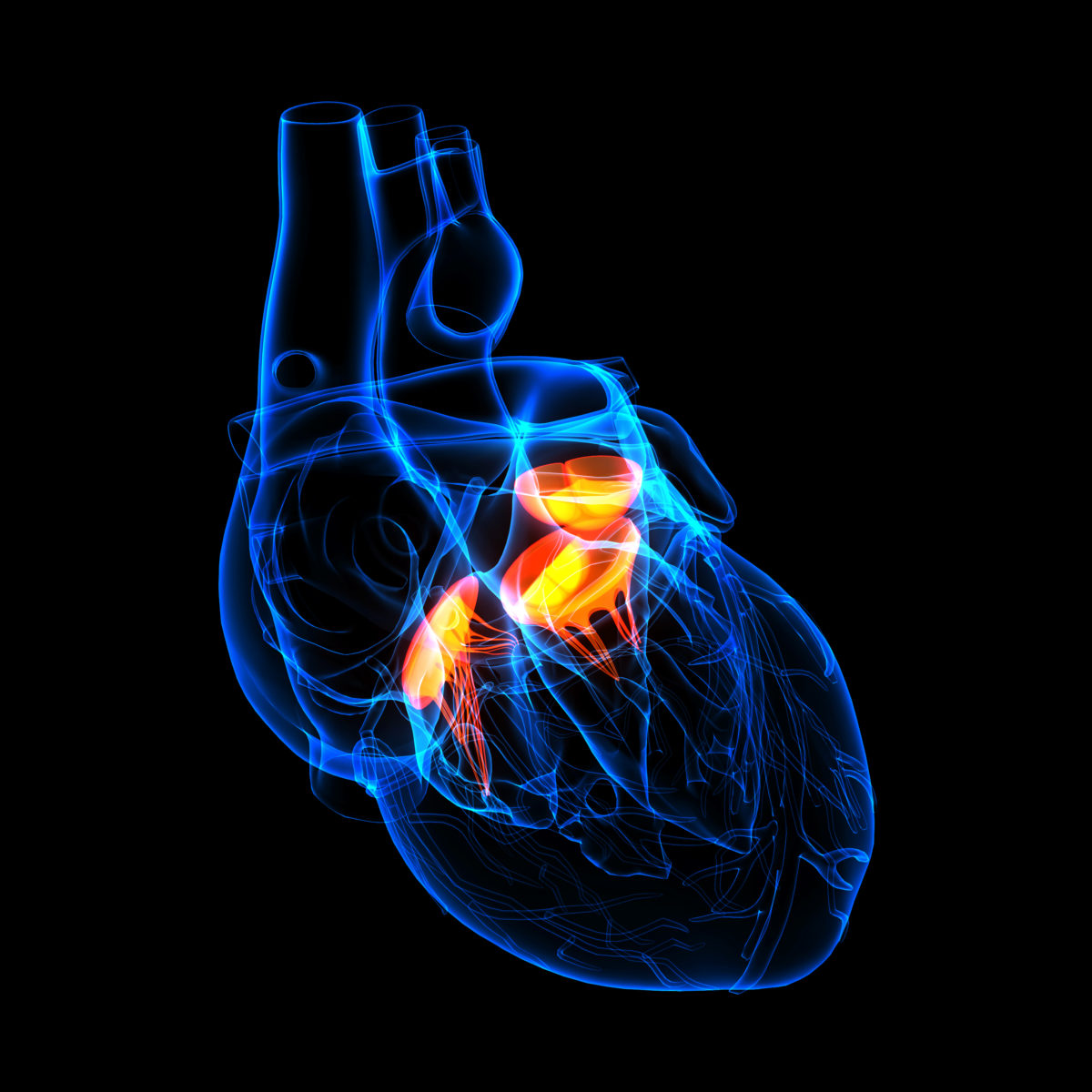What is a Nuclear Stress Test?

Chest Pain. Shortness of breath. Dizziness. If you’re experiencing these symptoms, call your doctor immediately. There could be a chance that you have heart disease. At an appointment with your doctor, he or she will listen to your heart with a stethoscope and make the decision of whether you should be tested for heart disease. Stress tests are one way for doctors to determine if you have heart disease. If you are unable to walk on a treadmill or are on certain medications, the doctor will have you take a nuclear stress test instead of an exercise stress list.
A nuclear stress test will measure blood flow to your heart while at rest, and while your heart works hard from medication administered to you. From this test, a doctor will see images that will determine if you have low blood flow or any damage to the heart muscle itself.
Since you are unable to exercise, a radioactive dye will be administered into your bloodstream. This will speed up your heart rate to mimic exercise. Doctors will also suggest a nuclear stress test if you have coronary artery disease, or if an exercise stress test didn’t explain any of your negative symptoms.
During this test, a camera will see rays emitted from the dye in your body, which will create clear pictures of the heart and its tissue. The doctor will look at images while your heart is at rest, during and after exercise (elevated heart rate from dye). The test could take up to five hours as the blood needs to make its way through your body.
For a nuclear stress test, a patient cannot eat or drink or smoke for two hours prior. A doctor will determine on a case by case basis if you can or cannot take certain medications and consume caffeine before the test. Patients are asked to wear comfortable clothes and shoes. After the test is done, the dye will leave your body through your urine or stool.
The results will determine the doctor’s next course of action. If the results show you have heart valve disease, there is a chance you will have to undergo heart valve surgery. If you’re looking for a cardiac surgeon, Dr. Peter Mikhail performs heart valve surgery, specializing in mitral valve surgery and mini-AVR. To learn more, click the heart valve surgery page. Click here to book an appointment with Dr. Mikhail or call 727-312-4844.


